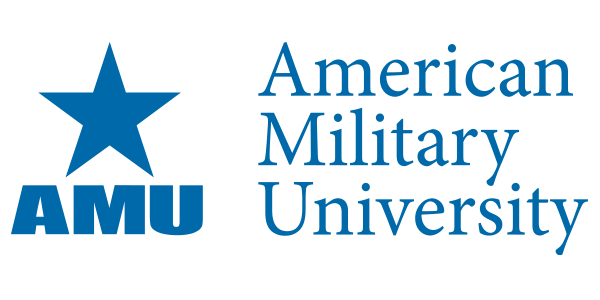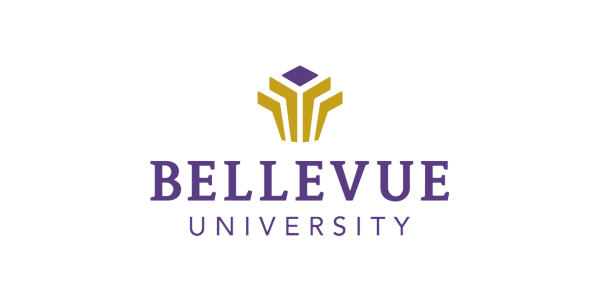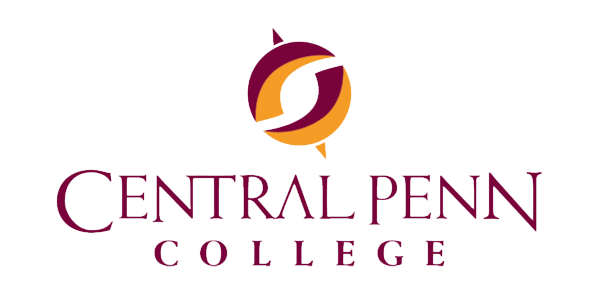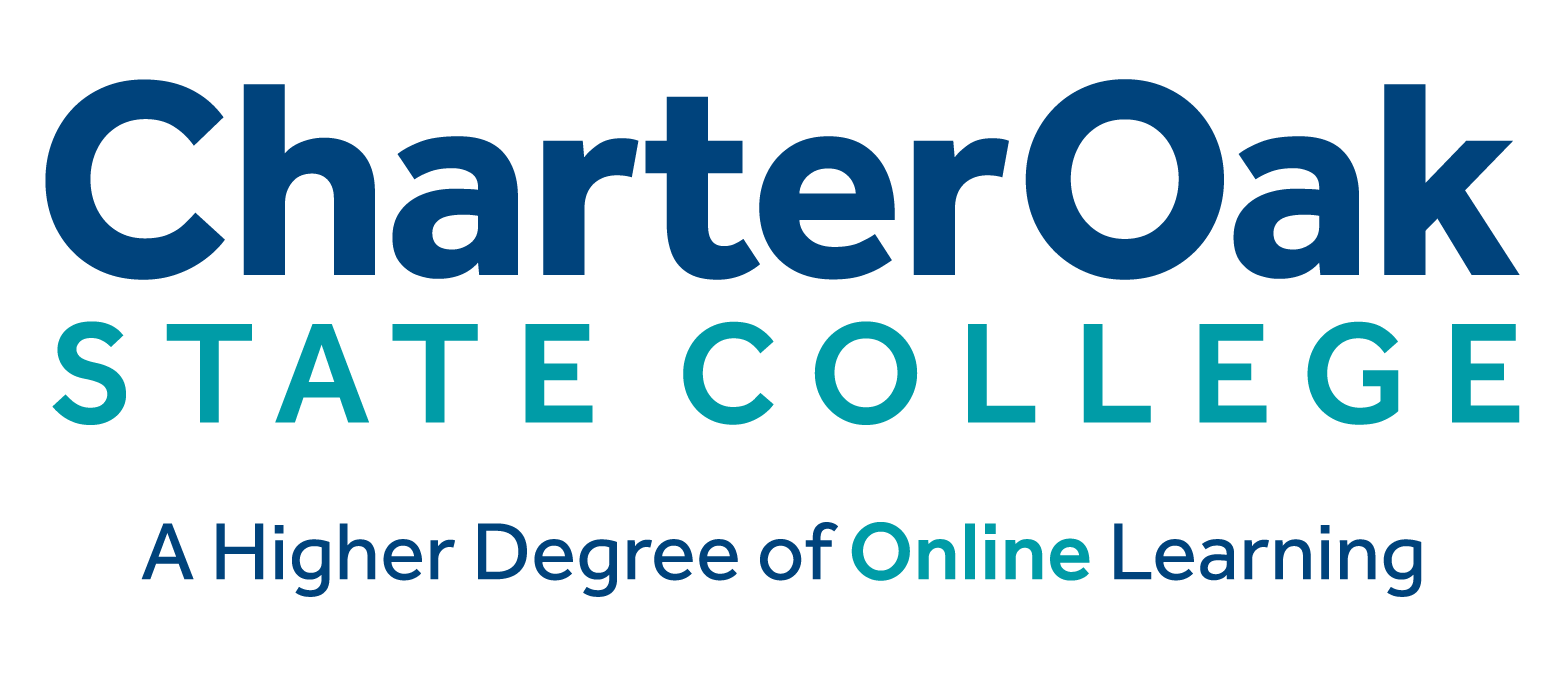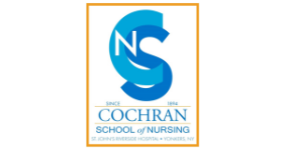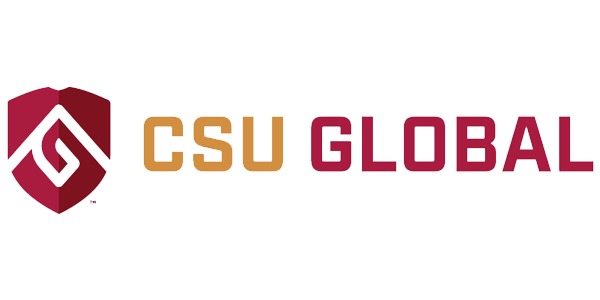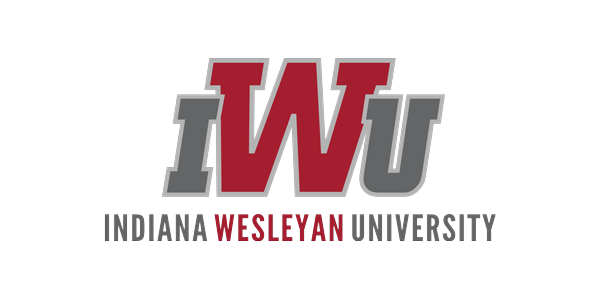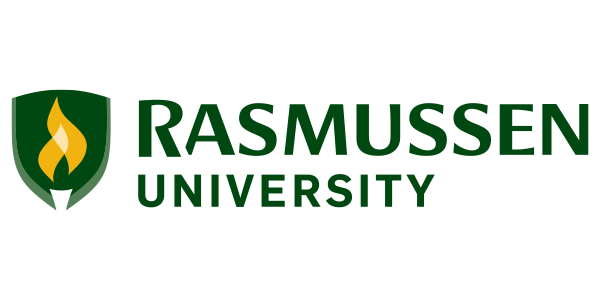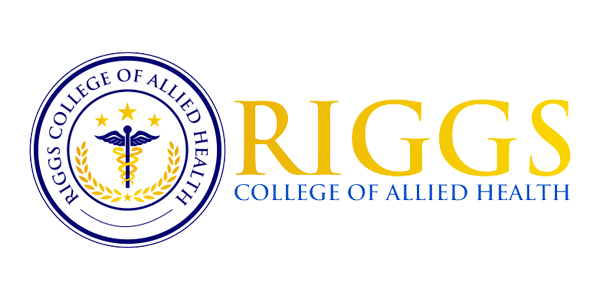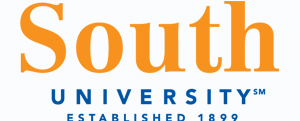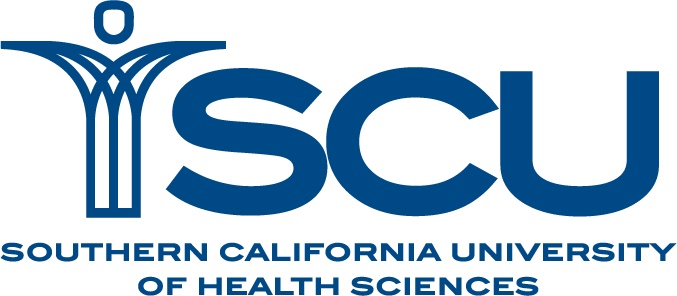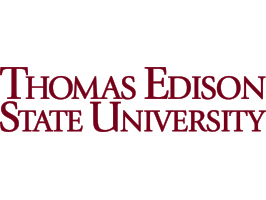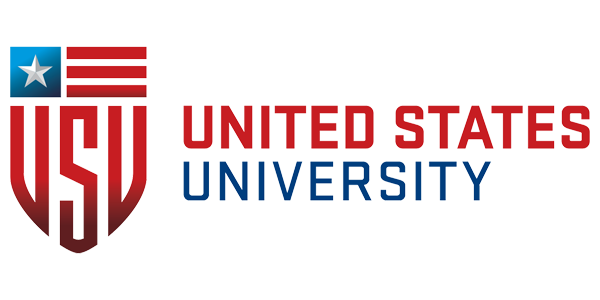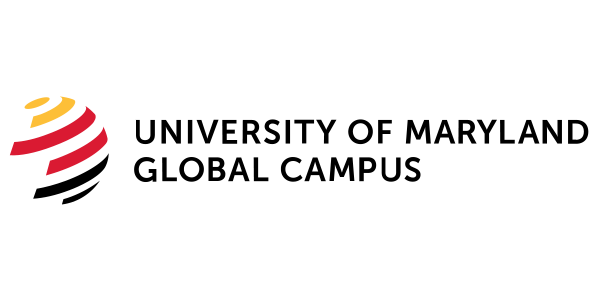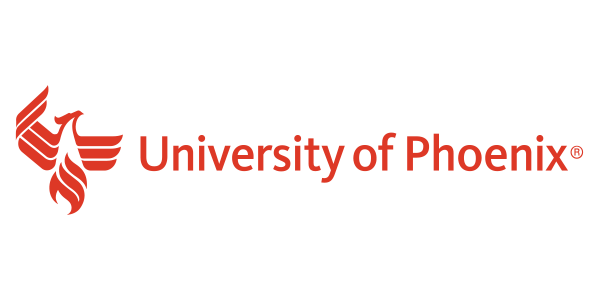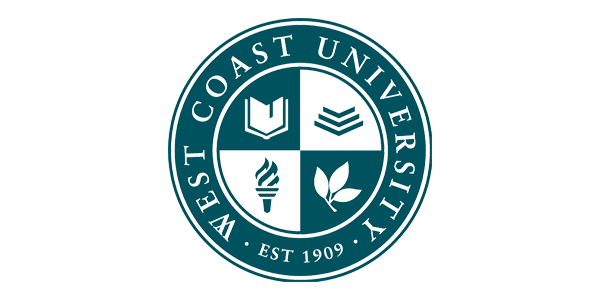
Ethics
Overview
Ethics is equivalent to a 1 semester, college level course that focuses on the theories and concepts principles of ethics.
This course is available live and on-demand through the online Nursing , Other Degree , and Individual Course Credits programs.
-
All Other Degrees
Course Type : Credit-By-Exam
Credits: 3 Semester Credits
Category: Humanities
Course Equivalence: College-Level Humanities or General Elective
Length: 5 Lectures + 1 Final Exam
Assessments: 1 Exam at a Pearson VUE® Testing Facility (180 mins | 100 Questions)
About This Course
This course prepares individuals for a credit-by-exam. The Ethics exam includes about one-third theory and two-thirds practice. The theories and concepts of ethics have been historically fostered by major theorists who employ philosophical design to form ethical principles for application. Ethical theories, moral concepts, judgments and reasoning, meta-ethics (value theory, skepticism, naturalistic fallacy, etc.) and basic ethical concepts will be addressed in the theory portion of the exam. Ethical practice questions will deal with corporate/business, social, personal, environmental, medical and professional issues and are among the majority of those facets which are evaluated. Ethics is not a study of “black and white” sets of issues; rather, students must be able to apply ethical theory, concepts, knowledge and skill to a variety of situations.
Course Objectives
After completing this course, you will be able to:
- Identify the key attributes, strengths, and weaknesses associated with ethical theories such as natural law, the social contact, deontology, utilitarianism, virtue ethics, egoism, intuitionism, feminism, and existentialism.
- Identify and distinguish among basic concepts such as justice, rights, values, goods, duties, obligations, morals, and autonomy; Identify and distinguish among metaethical concepts.
- Identify and distinguish among principles of moral deliberation
-
Examine a case study involving social and personal issues, professional and business issues, medical issues, or environmental issues, demonstrate the ability to:
- a. Identify applications of ethical theories.
- b. Evaluate a person’s course of action based on her or his ethical principles and knowledge base.
- c. Recognize similarities and differences among moral arguments.
- d. Identify common logical fallacies in a moral argument.
- e. Evaluate judgements in terms of the basic concepts.
-
Nursing
Course Type : Credit-By-Exam
Credits:3 Semester Credits
Category: Humanities
Course Equivalence: College-Level Humanities or General Elective
Length: 5 Lectures + 1 Final Exam
Assessments: 1 Exam at a Pearson VUE® Testing Facility (180 mins | 100 Questions)
About This Course
This course prepares individuals for a credit-by-exam. The Ethics exam includes about one-third theory and two-thirds practice. The theories and concepts of ethics have been historically fostered by major theorists who employ philosophical design to form ethical principles for application. Ethical theories, moral concepts, judgments and reasoning, meta-ethics (value theory, skepticism, naturalistic fallacy, etc.) and basic ethical concepts will be addressed in the theory portion of the exam. Ethical practice questions will deal with corporate/business, social, personal, environmental, medical and professional issues and are among the majority of those facets which are evaluated. Ethics is not a study of “black and white” sets of issues; rather, students must be able to apply ethical theory, concepts, knowledge and skill to a variety of situations.
Course Objectives
After completing this course, you will be able to:
- Identify the key attributes, strengths, and weaknesses associated with ethical theories such as natural law, the social contact, deontology, utilitarianism, virtue ethics, egoism, intuitionism, feminism, and existentialism.
- Identify and distinguish among basic concepts such as justice, rights, values, goods, duties, obligations, morals, and autonomy; Identify and distinguish among metaethical concepts.
- Identify and distinguish among principles of moral deliberation
-
Examine a case study involving social and personal issues, professional and business issues, medical issues, or environmental issues, demonstrate the ability to:
- a. Identify applications of ethical theories.
- b. Evaluate a person’s course of action based on her or his ethical principles and knowledge base.
- c. Recognize similarities and differences among moral arguments.
- d. Identify common logical fallacies in a moral argument.
- e. Evaluate judgements in terms of the basic concepts.
-
About InstructorBryan (Allen) Demeritte has been an instructor with us since 2013. Bryan is also an instructor of Religion and Theology at St. Thomas University and current serves as the Executive Director at Suncoast Education Center. Two of Bryan’s greatest passions are teaching and non-for-profit work. Bryan believes that effective teaching involves both a strong knowledge of the subject matter and an understanding of and connection with the students. His background in educational instruction and non-for-profits has given him experience in working with students in a variety of settings. Bryan holds a Doctor of Philosophy (Ph.D), Practical Theology from St. Thomas University, and a Master of Science (MS), English and Gifted Education from Nova Southeastern University. He received a Bachelor of Arts (B.A.), English/Language Arts from Lindenwood University. He also has a Master of Divinity (M.Div), Pastoral Counseling and General Parish Ministry from United Theological Seminary of the Twin Cities. Bryan enjoys instructing all levels of students and pursuing volunteer opportunities through ministry.




